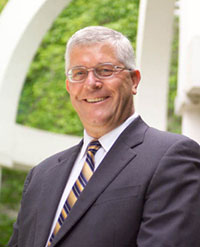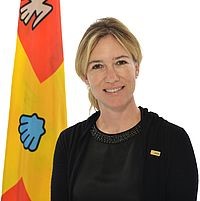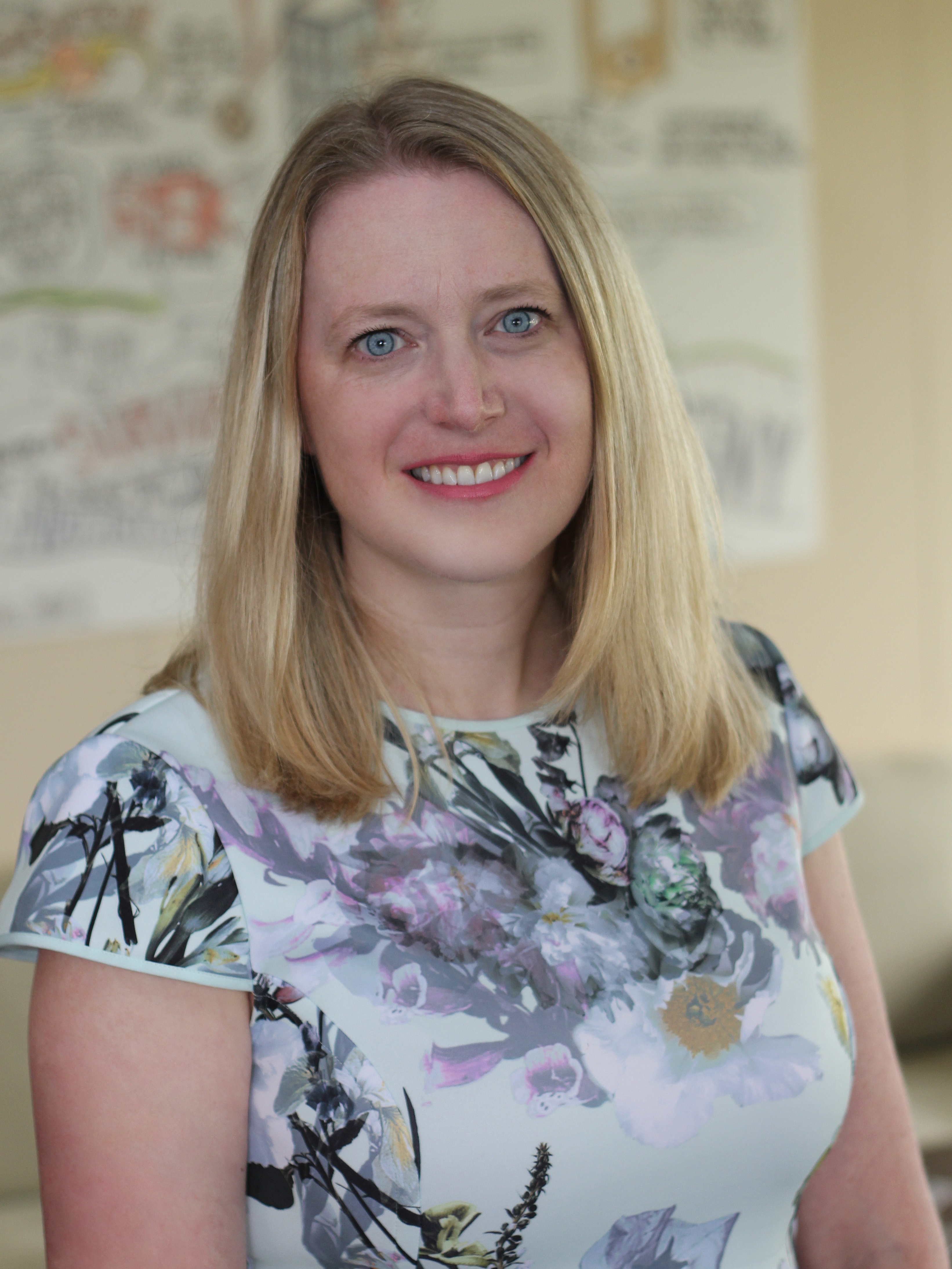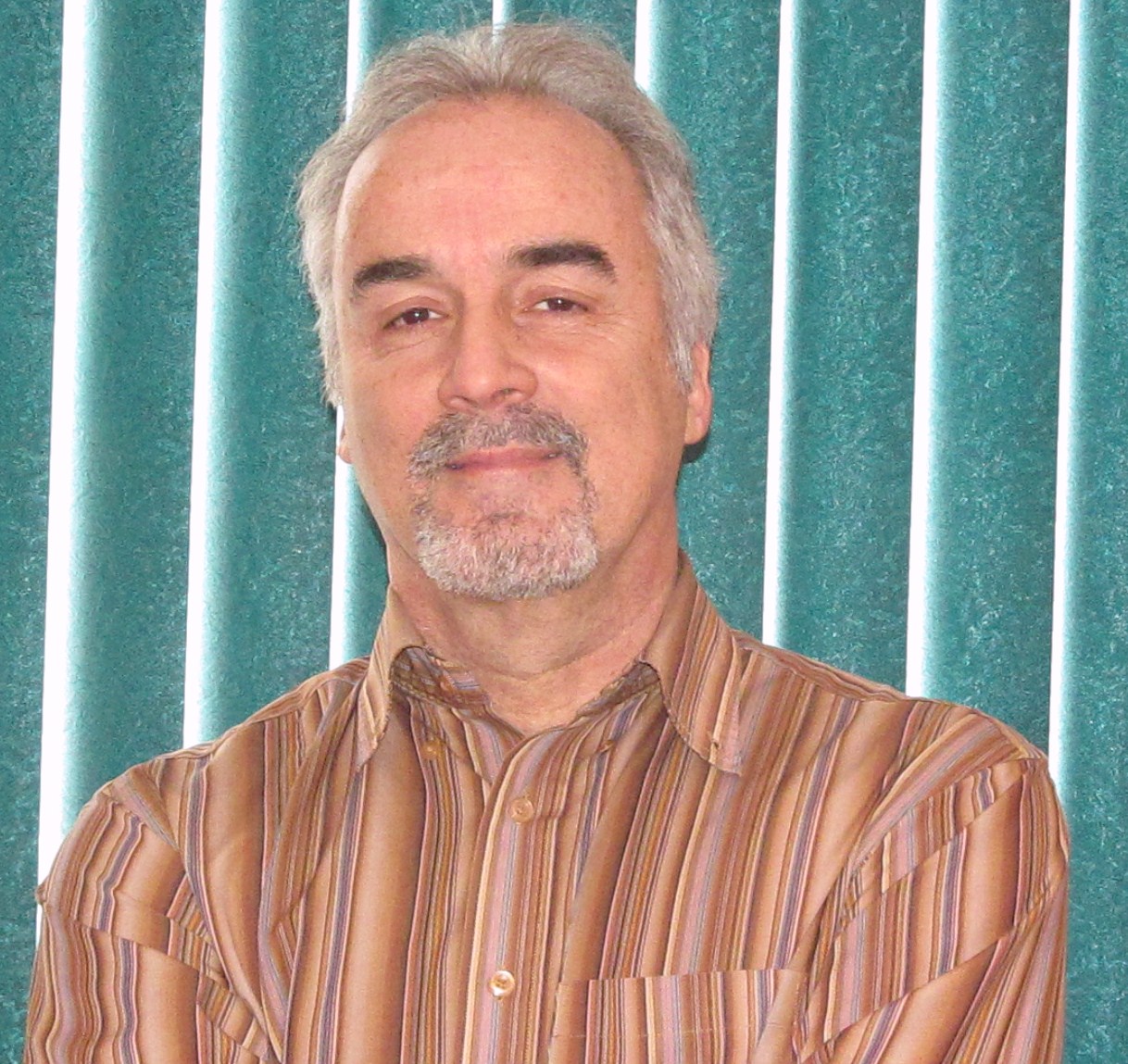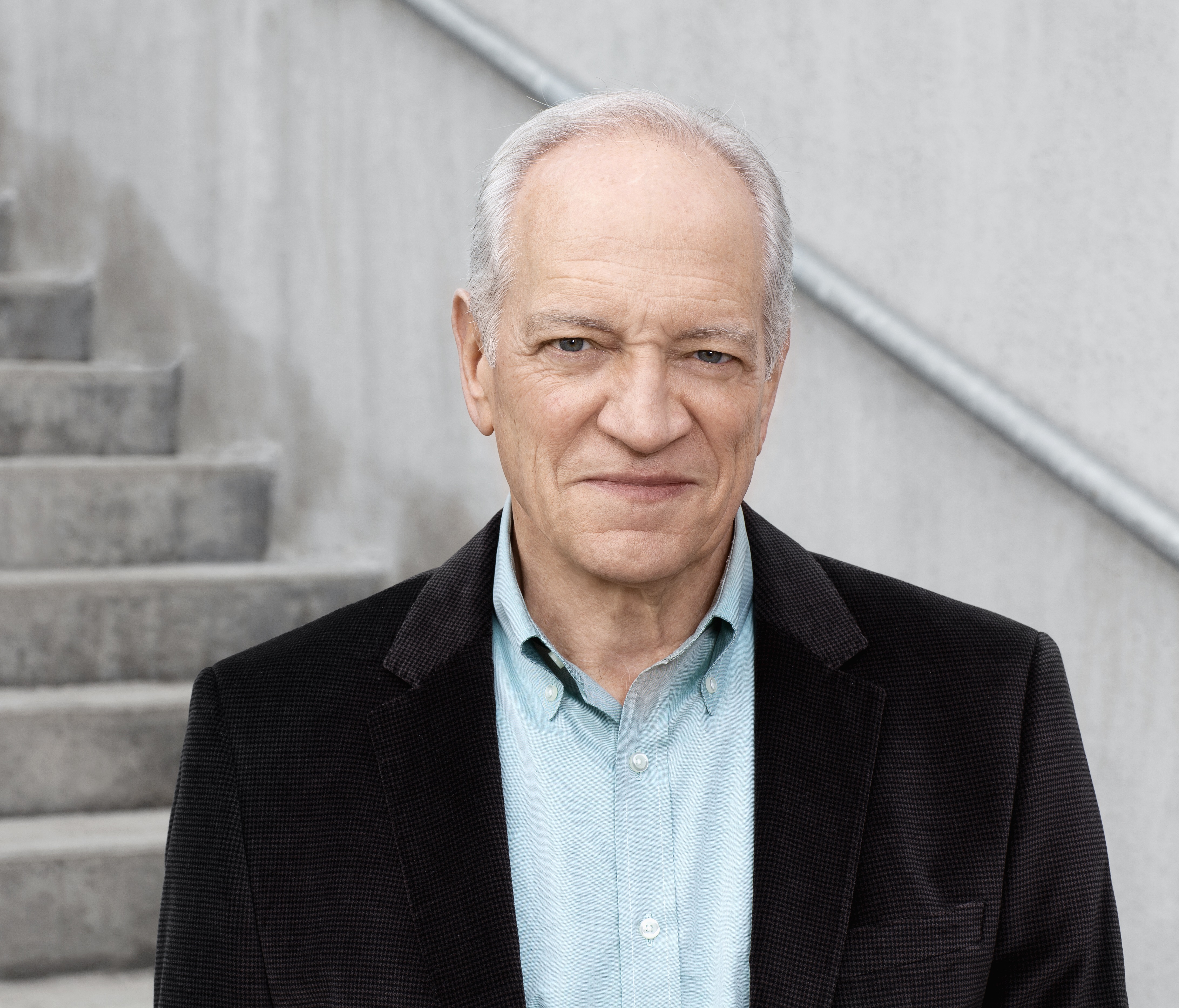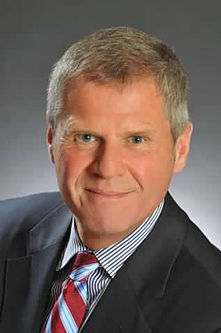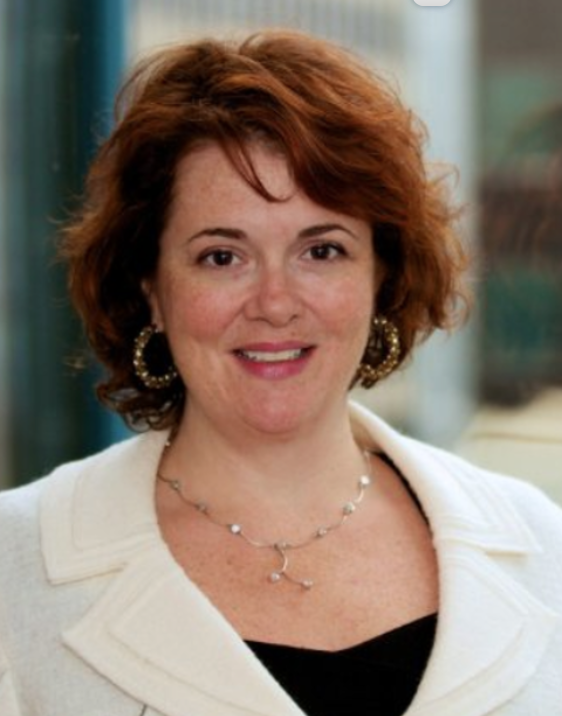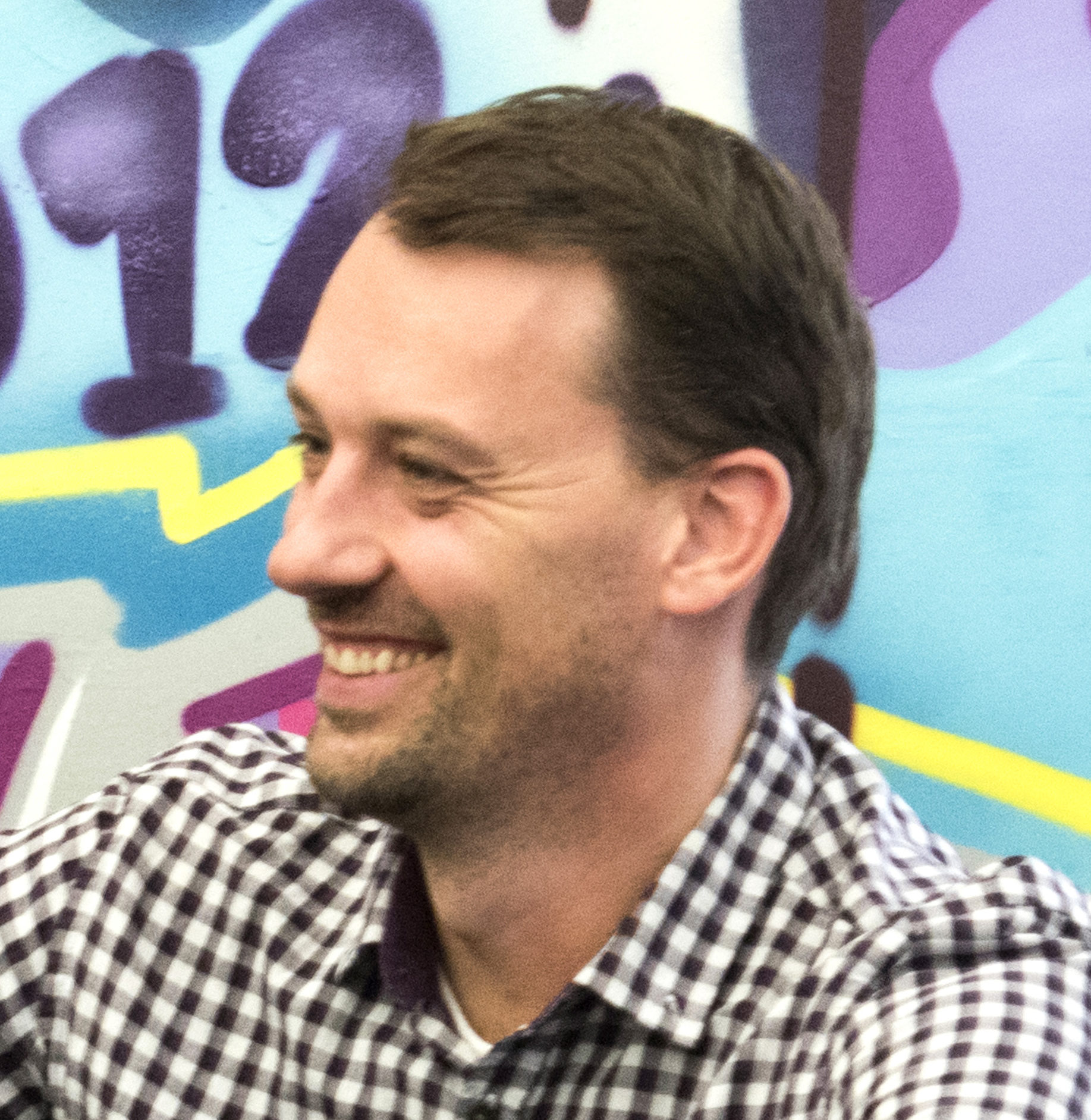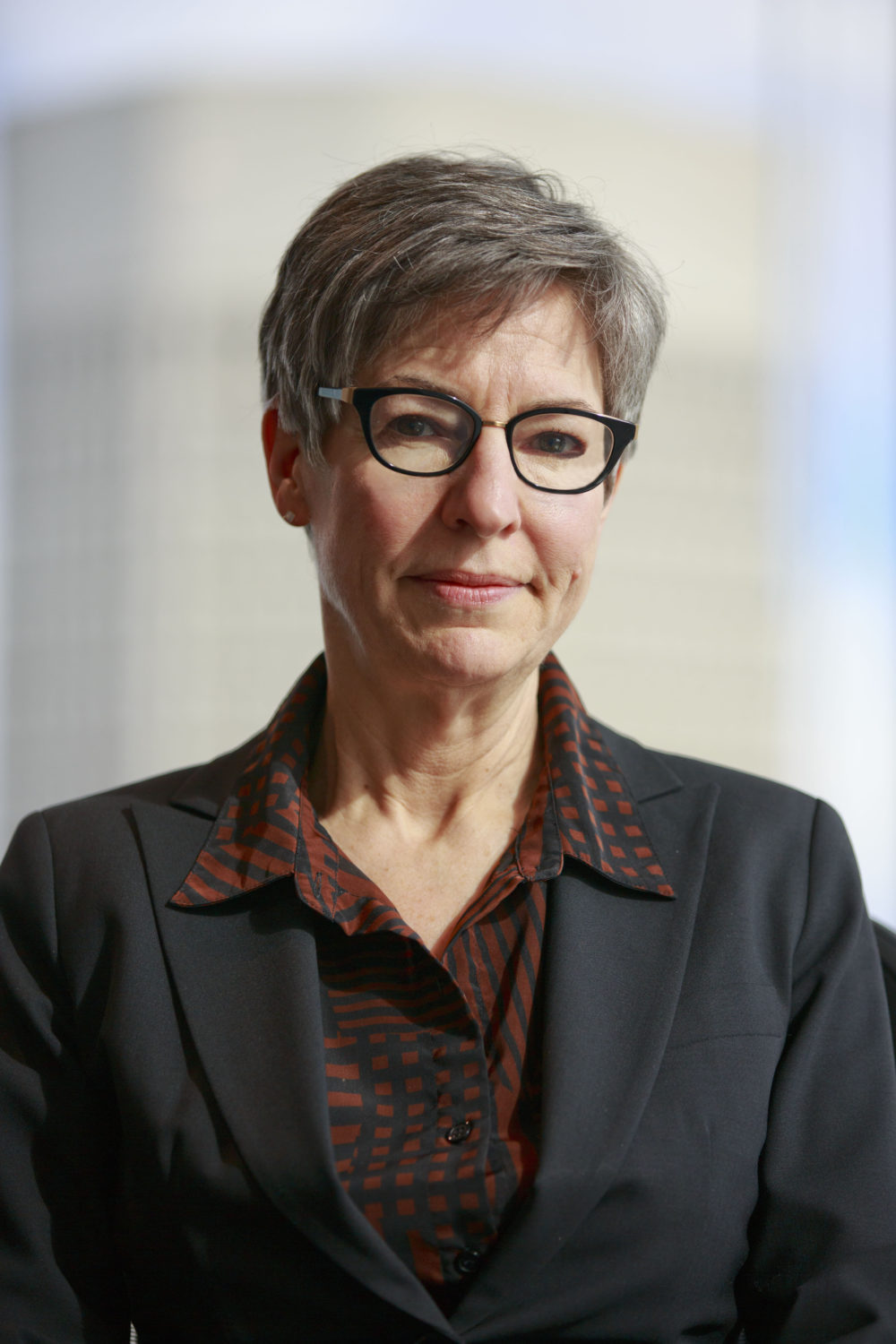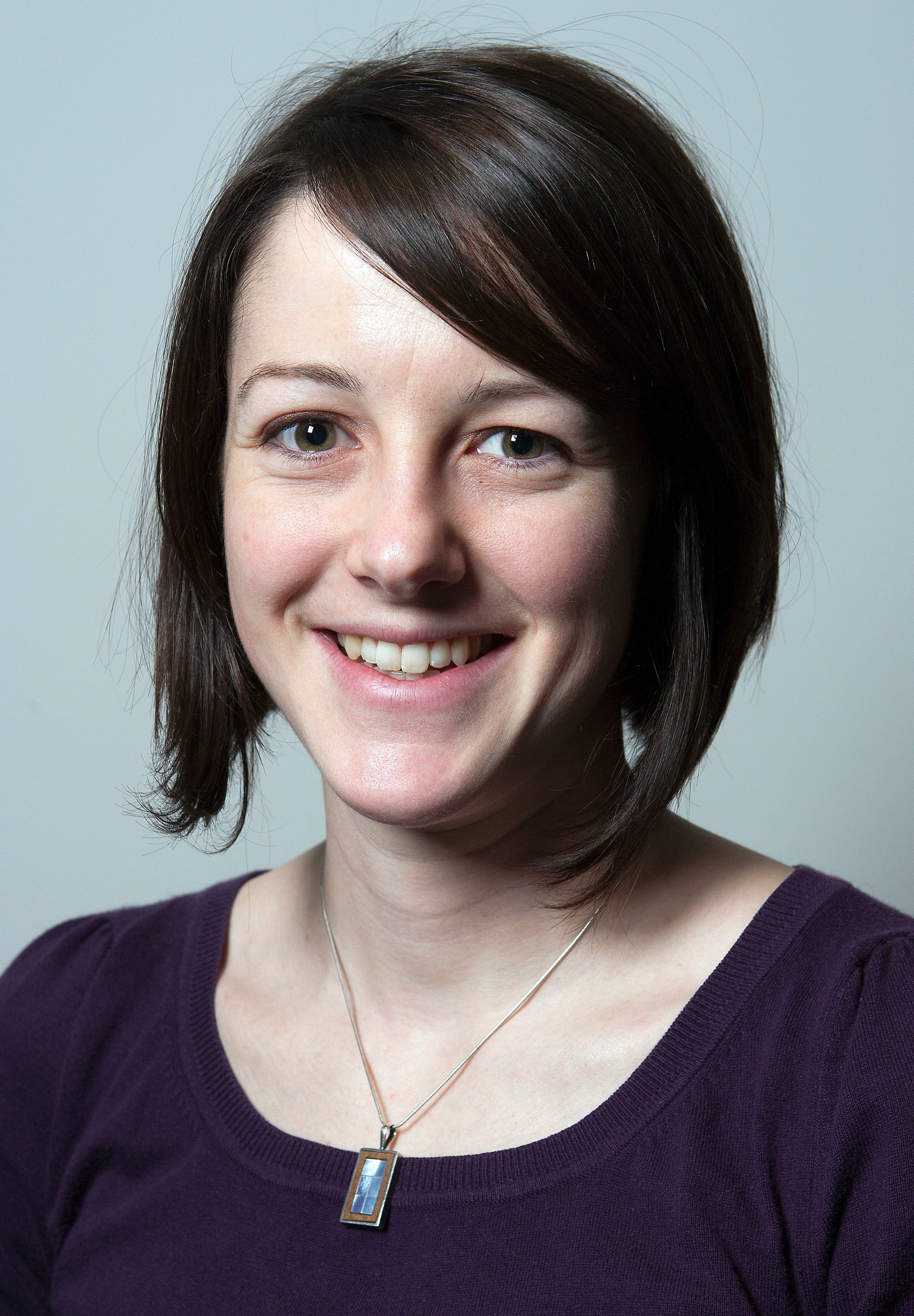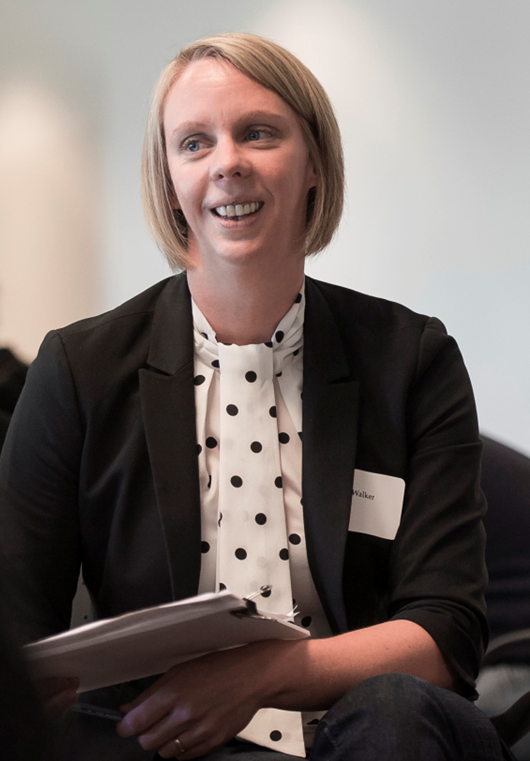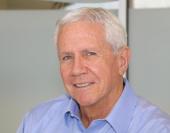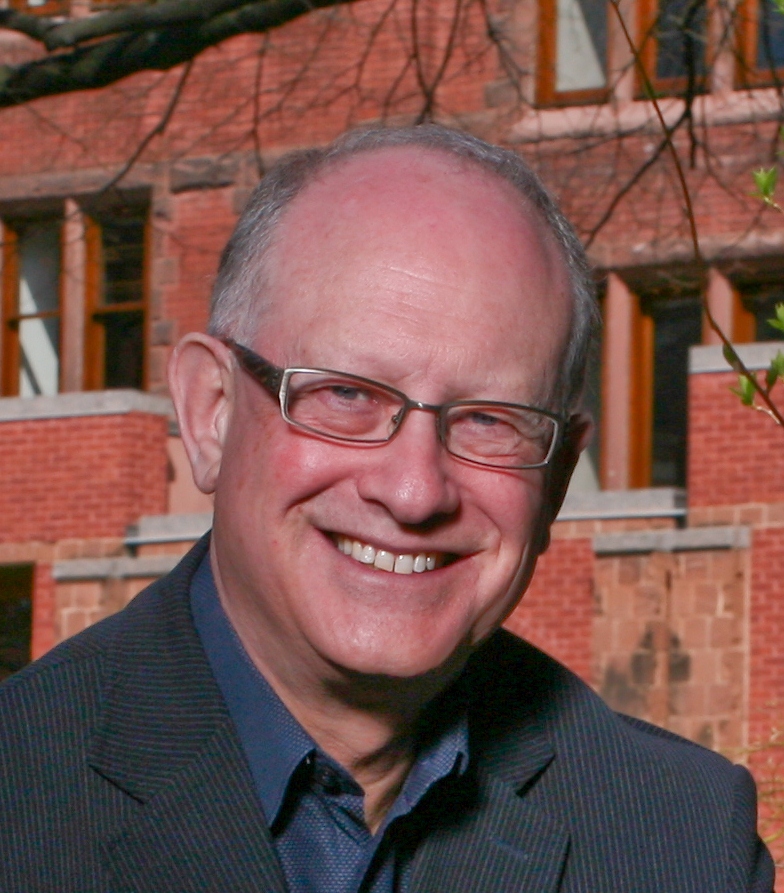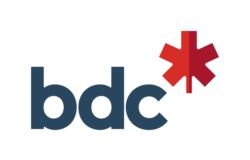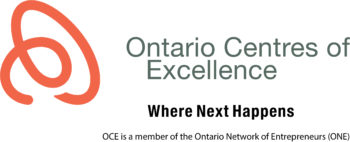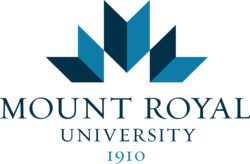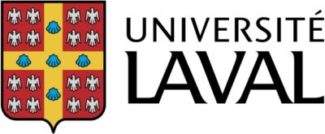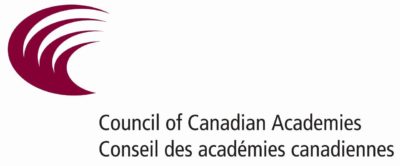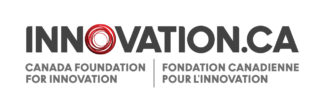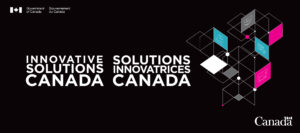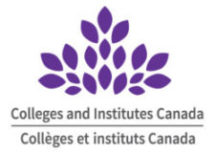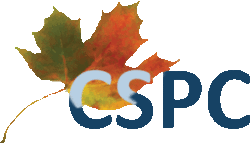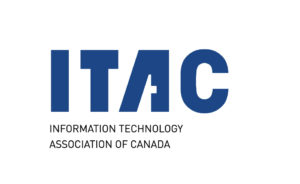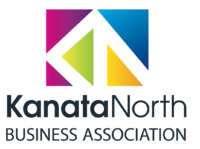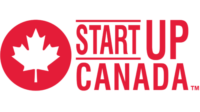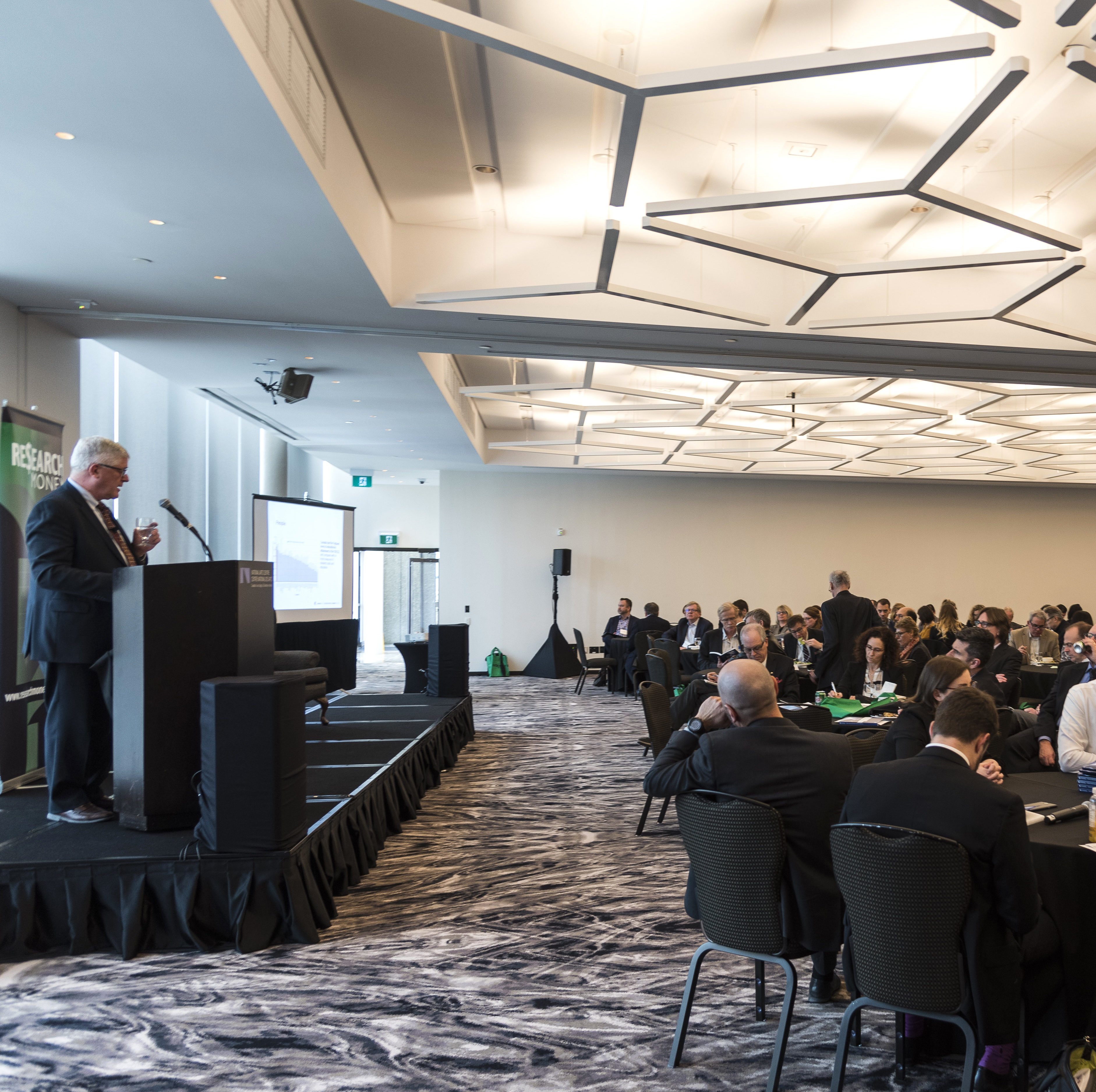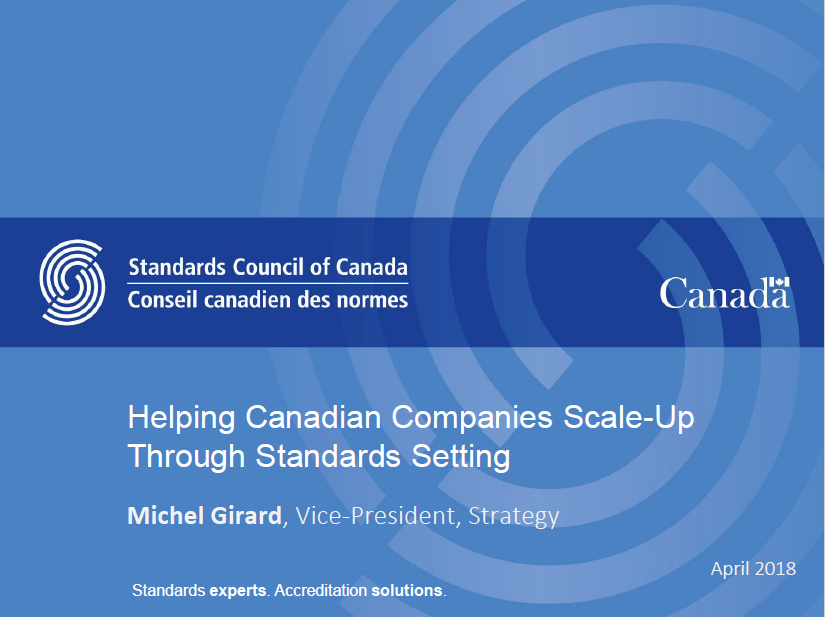Canada’s status as a G7 country correlates with the wealth we generate as a global supplier of natural resources and our democratic and open society. As the world shrinks due to rapid technological change, our place among the wealthiest of nations will increasingly depend on our ability to create new wealth and societal benefits from knowledge. This goal has been the focus of innovation policy in Canada for many decades. Nonetheless, it remains an aspirational one, not yet actualized.
Realizing new economic and social gains from knowledge is what innovation is all about. Countries that excel in this enterprise, with the exception of the United States, typically have few natural resources and are small. Think of Finland, Israel or Sweden. So there is no inherent reason why Canada could not be as successful, despite our relatively small population.
Attitudes and beliefs shape our culture and our institutions. If we are to scale Canada’s innovation game, we must identify the people and institutions that are successful in breaking through the status quo by creating value with knowledge – in the form of technology, processes, organizational structures, business models or marketing innovations. Can government policies and programs incent and facilitate such breakthroughs and, if so, how?
This conference will look at a number of challenge areas that keep coming up in studies of Canada’s innovation ecosystem. Instead of repeating the difficulties, we will hear from innovators who are breaking new ground and overcoming old habits of thinking and doing to generate wealth and social benefits from knowledge. From these exemplars, we will review policy implications and how we can generate more success at scale.
What to Expect
- High profile speakers including business leaders from some of Canada’s fastest growing tech firms, senior government policy makers and leading academics and innovation thought leaders
- Four keynote speakers and close to 60 panelists working on the forefront of innovation in Canada
- Displays from prominent members of the innovation community
- Excellent networking opportunities
- Attendees generally include executives and program managers from all levels of government, CEOs, entrepreneurs, angel investors, venture capitalists, research and commercialization leaders from universities and colleges across Canada, and a variety of other representatives from industry, investment, academia, government and intermediaries
- Dinner on April 10th with a special panel of Chief Scientists
Livestream the Conference
Want to attend the conference, but can’t make it in person? We have a number of live-streaming options. Our Livestream option is fully interactive – discuss your feelings with other participants and send questions to speakers in real time.
- Livestream the entire conference for only $195+tax ($88+tax for students)
REGISTER HERE
- Livestream our Dinner with the Chief Scientists on April 10th from 7:00-8:30PM ($20+tax)
REGISTER HERE
- Livestream the special presentation of the Council of Canadian Academies report Competing in a Global Innovation Economy: The Current State of R&D in Canada on April 10th from 12:30-1:15PM. (free!)
REGISTER HERE
NEW: Workshop
This year for the first time we are offering an optional workshop on the afternoon of Wed April 11th. This workshop is a chance for conference attendees to delve into a topic with a small group of interested participants.
Workable Strategies for Improving Equity, Diversity and Inclusion in the Workplace
Led by Kelly Nolan, Co-Founder, Talent Strategy Institute
The Federal Budget commitment to implement mandatory gender-based analysis of its’ departments and federal funding allocations is a clear statement that engaging women in the workplace is now a key performance indicator for government departments and research organizations. Women, people with disabilities, Indigenous, LBGTQ+, and other groups continue to be seriously underrepresented in the workplace and in leadership positions in most growth sectors including STEM fields, IT and business. Discussions on improving diversity tend to focus on the lack of qualified candidates applying for jobs, and the challenges in the retention of these candidates when they are selected. This session will address improving recruitment and retention practices to engage a more diverse pool of qualified candidates. We will compare common assumptions, followed by documented realities and proven effective strategies. Participants will have a greater understanding of how they can improve diversity and inclusion in the workplace by implementing practical solutions in their day to day operations.
Workshops are $45 for those attending the conference, and $175 for those just attending the workshop. Space is extremely limited – first come, first served. Contact Rebecca to register today!
Students
The RE$EARCH MONEY Conference is an excellent opportunity for students interested in entrepreneurship, business and innovation to hear from and network with prominent members of Canada’s innovation community. We are offering a special conference rate for students of only $250+tax, which includes our three-course dinner with the Chief Scientists on the evening April 10th. REGISTER HERE
Preliminary Conference Program
Day 1 - April 10, 2018
07:30 - 08:30
Registration and Exhibits
A light breakfast will be served.
09:00 - 09:30
Opening Keynote: "New dynamic of open science"
With an introduction by Jean St. Vils, Associate VP, NCE Program, NSERC
Canada Room
09:30 - 10:15
Keynote: "Mind the Gap: Budget 2018 and the Innovation and Skills Plan"
David Watters, President and CEO, Global Advantage Consulting Group Inc
10:15 - 10:45
Networking Break and Exhibits
10:45 - 12:15
Parallel sessions | SESSION A | This Just In: Collaboration is Key
Alain Dudoit, Ambassador of Canada (ret.); Interim Senior Vice-President Partnerships, Scale.AI
Joy Romero, Chair, Clean Resource Innovation Network; VP Technology & Innovation, Canadian Natural Resources Limited
Superclusters: Canada’s Grand Experiment in Scaling Innovation in Key Sectors
10:45AM-12:15PM
Le Salon
Over the years, Canada has invested billions in strategies designed to scale innovation and commercialization in targeted sectors. Before Superclusters, there was the NCE program, then CECRs, followed by BL-NCEs – a gradual progression toward closer engagement with the private sector. The Treasury Board Secretariat’s recent review of federal government business innovation support documents over 90 existing program streams delivered by 20 federal departments and agencies, and 28 new initiatives introduced in the 2016 and 2017 federal budgets, including the $950M Innovation Superclusters Initiative (ISI). How did ISI get started and what does it offer that is new? How will we know when and if the ISI has succeeded?
10:45 - 12:15
Parallel sessions | SESSION B | A Focus on Agility and Growth
Lauren Kelly, Manager, Skills Development, First Nations Technology Council
Steve Nonis, Principal, Turner Fleischer Architects Inc.
Heather Smart, Applied Research Professional, Technology Access Centre for Aerospace & Manufacturing
Demand for Innovative Talent: Employer Perspective
Canada Room
Entrepreneurs and business leaders pinpoint talent as one of the key ingredients for success. The federal government’s Innovation and Skills Plan attempts to address the talent issue with initiatives that include supporting K-12 students (youth, girls) with coding skills, investing in the Global Talent strategy to attract entrepreneurs and tech talent to Canada, and invest in experiential learning opportunities for postsecondary students (through programs like Mitacs or SWILP). But industry’s talent needs are much broader and deeper. How are Canadian firms working with educational institutions and other innovation intermediaries to prepare the talent we need to scale Canada’s innovation game?
12:15 - 13:15
Lunch and Special Presentation, Exhibits
Max Blouw, Former President and Vice-Chancellor, Wilfrid Laurier University
Competing in a Global Innovation Economy: The Current State of R&D in Canada
Canada Room
Competing in a Global Innovation Economy: The Current State of R&D in Canada is the fourth report from the Council of Canadian Academies (CCA) in a series documenting Canada’s S&T and R&D strengths and weaknesses. It assesses the latest evidence on Canada’s R&D and innovation performance, combining up-to-date data with expert insights and analyses, and benchmarking against the performance of other countries. The report, coming April 10, will be available, free for download, at www.scienceadvice.ca
Join us for the presentation of this highly anticipated report in a special lunchtime session presented by CCA.
The livestream presentation will start at 12:30PM.
13:15 - 14:45
Parallel Sessions | SESSION A | This Just In: Collaboration is Key
Working Together: Navigating Academic Culture to Enhance Public-Private Collaboration
1:15PM-2:00PM
Research for Impact: How Focusing on Challenges Changes the Research Game
2:00PM-2:45PM
13:15 - 14:00
Working Together: Navigating Academic Culture to Enhance Public-Private Collaboration
Susan Blum, Associate Vice-President of Applied Research and Innovation, Saskatchewan Polytechnic
Michael Quinn, Associate Vice President - Research, Scholarship and Community Engagement, Mount Royal University
Valerie Walker, Vice President, Talent and Skills, Business Council of Canada
Le Salon
With university faculty merit and promotion firmly tied to publications in peer-reviewed journals, academics that work with industry and help students pursue entrepreneurial ventures are at a disadvantage. How do professors who engage with industry and entrepreneurs navigate this culture and how can policies enhance university-industry interaction to help grow and scale successful Canadian firms with global customers?
14:00 - 14:45
Research for Impact: How Focusing on Challenges Changes the Research Game
Rodney Ghali, Assistant Secretary to the Cabinet (Impact and Innovation Unit), Privy Council Office
Canada Room
Successful innovation stems from problems and needs – the proverbial “pain points” – that inspire new solutions. Policy makers, funders and researchers are increasingly recognizing the power of applying research efforts to specific challenges. With the rise of challenge-driven research, new collaborative models and funding mechanisms are emerging to encourage multi-disciplinary research focused on solving specific economic and social problems. This panel will explore some established and newer initiatives in this space and examine how we can scale these efforts.
13:15 - 14:45
Parallel sessions | SESSION B | A Focus on Agility and Growth
Squaring the Circle: Collaborations among Innovators and Regulators
1:15PM-2:45PM
Canada Room
13:15 - 14:45
Squaring the Circle: Collaborations among Innovators and Regulators
Moderator: Claudia Krywiak, Vice President, Corporate Development, Planning and Strategic Initiatives, Ontario Centres of Excellence
Paul Allard, Co-founder, President and CEO, Impak Finance Inc.
Moad Fahmi, Director - Fintech and Innovation, Autorité des marchés financiers
Ted Graham, Head of Open Innovation, General Motors
Elliot Siemiatycki, Special Advisor, Automotive Technology and Innovation, Ontario Investment Office, Ministry of Economic Development & Growth
The Council for Economic Growth is calling for more flexibility and agility in Canada’s regulatory system. Especially in sectors that are evolving rapidly – think financial services and autonomous vehicles for example – outdated regulations are hampering Canadian entrepreneurs in seizing new opportunities. What can we learn from those who are tackling these issues through creative collaborative solutions, such as sandboxes, and other outside-the-box thinking?
14:45 - 15:15
Networking Break and Exhibits
15:15 - 16:45
Parallel Sessions | SESSION A | This Just In: Collaboration is Key
Ailish Campbell, Chief Trade Commissioner of Canada and Assistant Deputy Minister, International Business Development, Global Affairs Canada
Mary Jane Loustel, Co-Founder & Strategist at SHEACCELERATOR Inc.; Former National Indigenous Relations Executive, IBM Canada
Lesley Shannon, NSERC Chair for Women in Science and Engineering, BC/Yukon Region
Associate Professor, Department of Engineering Science, Simon Fraser University
Stop talking, start walking: EDI should be Canada’s competitive advantage
3:15PM-4:45PM
Studies of firms, organizations and communities show a positive correlation between success and effectiveness with Equity, Diversity and Inclusion. Yet cultural and institutional inertia continue to stall the spread of EDI practices in the private, public and non-profit sectors. The Canadian government has made equity, diversity and inclusion hallmarks of Canada’s approach to innovation. This panel looks at some of the exemplary practices and attitudes that are putting Canada at the forefront of the EDI movement.
15:15 - 16:45
Parallel sessions | SESSION B | A Focus on Agility and Growth
James Mawson, Founder and Editor-in-chief, Global Corporate Venturing
Corporate Drivers of Innovation
3:15PM-4:45PM
The recently announced Venture Capital Catalyst Initiative (VCCI) has identified a number of funds-of-funds that will invest in start-up and scale-up firms to help grow Canadian companies. In addition, BDC Capital launched a professional development program for fund managers, based on a successful Kauffman Foundation course. Less well-known is BDC’s new corporate venturing program to engage Canadian and foreign companies that do not have dedicated venture capital divisions to co-invest in VC rounds for Canadian firms. In this panel, we hear from some of the companies and investors that are driving innovation in Canada.
16:45 - 17:15
Keynote: “Helping Canadian Companies Scale-Up Through Standards Setting”
Michel Girard , Vice-President - Strategy and Stakeholder Engagement Branch, Standards Council of Canada
With an introduction by David Lisk, VP Industrial Research Assistance Program, NRC
17:15 - 18:15
Reception and Exhibits
18:30 - 20:30
Dinner and Conversation: Re-imagining science advice in an innovation economy
Moderator: Paul Dufour, Senior Fellow, Institute for Science, Society and Policy, University of Ottawa; Principal, PaulicyWorks
Andrew Applejohn, Senior Science Advisor - Environment and Natural Resources, Government of NWT
Day 2 - April 11, 2018
07:30 - 08:30
Registration and Exhibits
A hot breakfast will be served.
08:30 - 09:00
Opening Keynote: "Data, Trust and Responsibility: the cutting edges of the world's most valuable asset class"
With an introduction by Ursula Gobel, Associate VP, Future Challenges, SSHRC
09:00 - 10:30
Parallel Sessions | SESSION A | This Just In: Collaboration is Key
Andrew Applejohn, Senior Science Advisor - Environment and Natural Resources, Government of NWT
Alison Perrin, Climate Change Education and Project Coordinator, Yukon College
Lessons from the North
9:00AM-10:30AM
Northern Canadian communities have developed innovative solutions that incorporate local knowledge and practices to complement standard techniques and procedures from the South. This panel looks at some of Canada’s northern successes and draws lessons for the rest of country.
09:00 - 10:30
Parallel sessions | SESSION B | A Focus on Agility and Growth
New Federal Government Initiatives in Demand-driven innovation
9:00AM-9:45AM
Scaling Canadian Firms
9:45AM-10:30AM
09:00 - 09:45
New Federal Government Initiatives in Demand-driven innovation
Christopher Baird, Director General, Office of Small & Medium Enterprises and Stakeholder Engagement, Public Services and Procurement Canada
Amber Mousseau, Manager of External Relations, Innovative Solutions Canada, Innovation, Science and Economic Development (ISED)
Roscoe Klinck, Portfolio Manager, Innovation for Defence Excellence and Security (IDEaS) Program
One of the ubiquitous issues Canadian entrepreneurs raise is government procurement. Federal and provincial government rules and culture make it difficult for Canadian SMEs to sell to government, putting them at a disadvantage when they approach global customers who ask: “why isn’t your own government a customer?” A new program within ISED, Innovation Solutions Canada, is being modeled after the US SBIR program in which government departments fund companies to provide solutions to in-house challenges. Defence Canada is piloting its own innovation experiment, IDEaS, where companies can work in secure “sandboxes” on potential solutions for the military. How will these new approaches accelerate the growth of Canadian firms that provide products and services to governments in Canada and around the world?
09:45 - 10:30
Scaling Canadian Firms
Neil Desai, Director, Corporate Affairs, Magnet Forensics
Canada’s start-up ecosystem has enjoyed considerable attention from policy makers, intermediary organizations and investors for many years; but successful, profitable medium-sized and large firms with global customers are still relatively rare. The dearth of Canadian medium and large firms puts our start-ups at a disadvantage in connecting with global supply chains from a domestic base. What lessons can we learn from our small crop of Canadian firms that have scaled success global businesses headquartered in Canada?
10:30 - 11:00
Networking Break and Exhibits
11:00 - 12:00
Plenary Panel | Using all of our Heads: Getting Government Departments to Connect, Collide and Collaborate
Neil Bouwer, Assistant Deputy Minister, Horizontal Reviews, Treasury Board Secretariat of Canada
Matthew Mendelsohn, Deputy Secretary to the Cabinet (Results & Delivery), Privy Council Office
Ministerial mandate letters have explicitly charged Ministers to collaborate with other Ministers to develop an all-government approach to Canada’s innovation and skills agenda. New structures have been put in place to facilitate this process, including the appointment of a Chief Science Advisor with a mandate to coordinate STI activities across departments, the formation of the Canada Research Coordinating Committee (CRCC) to align the work of the federal granting councils, the Impact Canada Initiative focused on accelerating outcomes-based funding approaches across government and the creation of the Accelerated Growth Service to coordinate federal government departments and other service providers in helping high growth firms accelerate their growth. This panel looks at how these new initiatives will build on existing innovation support programs and create a cohesive and collaborative approach to move the needle on Canada’s innovation performance.
12:00 - 12:30
Conference Close
13:00 - 15:00
Afternoon Workshops





